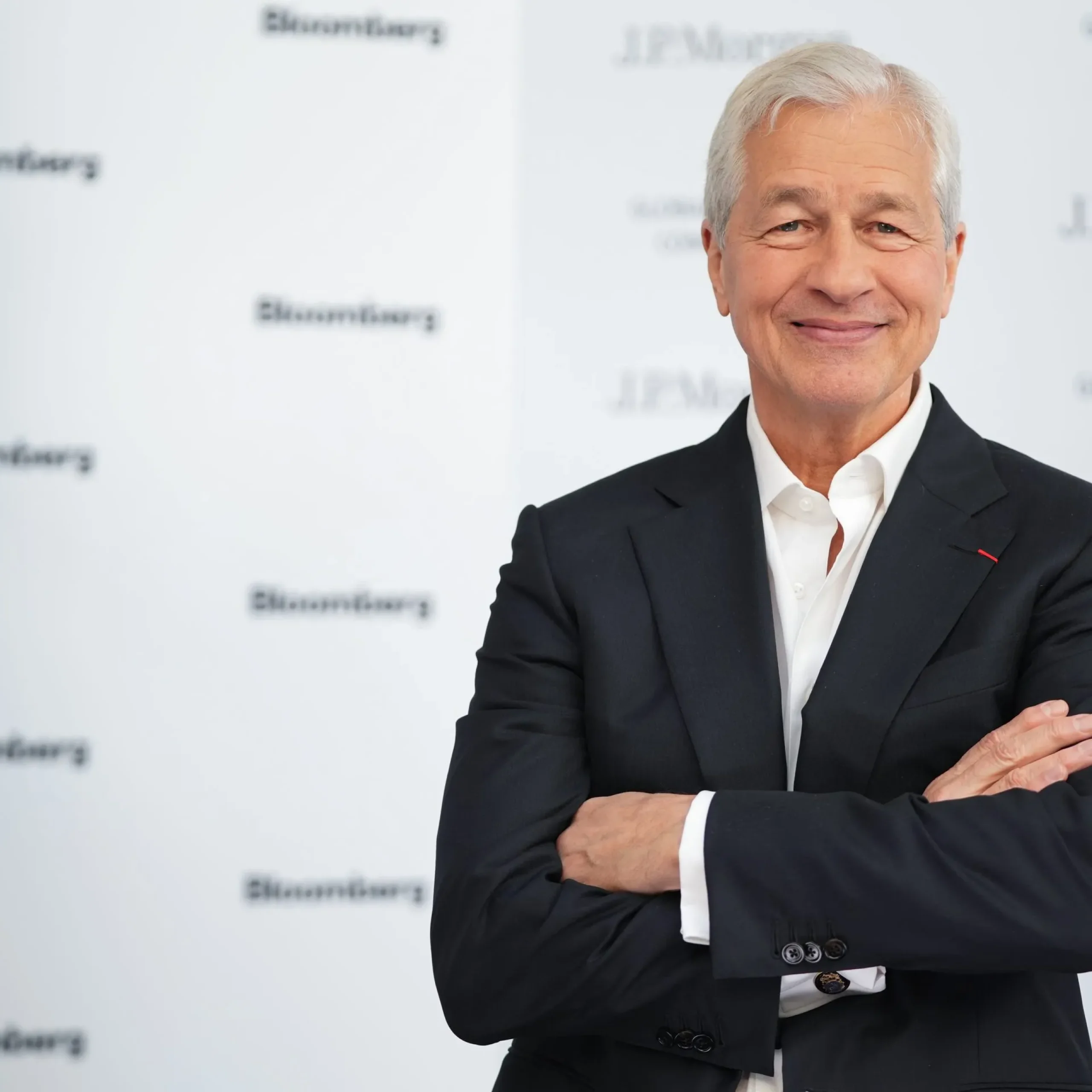JPMorgan’s CEO Jamie Dimon has been circling the halls of Washington politics for over two decades now.
From the late ’90s, people started whispering about his possible leap into a cabinet role, with many pointing to the Treasury.
Wall Street wondered what this ambitious banker—freshly booted from Citigroup—might bring to the table. Fast forward 25 years, and not much has changed.
Every election cycle, Dimon’s name pops up again, tossed around by both Democrats and Republicans. Everyone wants to know what Dimon would do as Treasury Secretary.
But this year feels different. Dimon is 68, and his window to take on a public role is closing fast. He’s spent over 20 years at the helm of JPMorgan, building the bank into a financial juggernaut. It’s the largest and most profitable in the U.S. right now.
And Dimon seems closer than ever to making that jump into government. After grooming a new team of executives to succeed him, he’s stepping back from his long-standing “five more years” joke about retirement.
Dimon’s hesitation and the treasury role
But is Dimon really willing to leave JPMorgan for the Treasury? He’s been approached before (most notably by Trump in 2016) and he flat out said no.
Even this year, he played down the possibility, saying, “The chance of that is almost nil, and I probably am not going to do it.” Yet he still leaves the door open, adding that:
“I’ve always reserved the right—but I don’t make promises to people.”
His love for his job at JPMorgan seems to keep him tethered there, but his legacy-building days are unfortunately ticking.
As Cryptopolitan reported, Dimon says he doesn’t endorse either presidential candidate. At first we thought Trump was considering him again, but the former president cleared that it was just a rumor. “I never discussed, or thought of, Jamie Dimon,” he said.
On the surface, he seems like a strong fit for Treasury. He’s been through the thick of banking crises, from picking up the pieces during the 2008 financial meltdown to scooping up Bear Stearns and Washington Mutual.
Dimon’s often seen as the closest modern-day equivalent to the legendary J.P. Morgan. But does that make him the right man to head the Treasury?
Running the country’s finances is a different game, one that comes with limited control. Sure, he could influence banking regulation, but Congress would still hold the ultimate power, and Dimon would have to work within those boundaries.
There’s also the issue of dealing with the public debt. The national deficit is a hot-button issue in Washington, and the debt ceiling has become a constant battleground.
Dimon has called for the removal of the debt ceiling multiple times, saying, “It’s not something we should be playing games with.”
As Treasury Secretary, he’d oversee this disaster, but there’s little he could do without Congressional backing.
Clashing with politicians and regulators
Dimon’s track record suggests he’d likely butt heads with many in Washington. While he’s described himself as “barely a Democrat,” he’s made some serious enemies on both sides.
Elizabeth Warren, one of his fiercest critics, has been on Dimon’s case for over a decade. She’s called him the “star of the overdraft show” and blasted JPMorgan for bank fees and arbitration practices.
If Harris were to become president and tap Dimon for Treasury, she’d have to contend with a hostile progressive wing that would likely push back hard during confirmation hearings.
Dimon also clashed with regulators in the past. His infamous “spaghetti chart,” which mocked the tangled web of U.S. financial regulators, didn’t win him any fans at the Federal Reserve.
As Treasury Secretary, he’d head the Financial Stability Oversight Council (FSOC), but that comes with limited authority over other regulatory agencies.
He has been vocal about how weak he thinks the FSOC is in particular, saying it doesn’t have the muscle to manage the overlap of regulatory bodies effectively.
Republicans have mixed feelings about Dimon, too. Trump has gone back and forth on his stance. Last year, he said, “I have a lot of respect for Jamie Dimon.”
Some conservatives see Dimon as a symbol of globalism, while others have asked him for advice on regulating banks. It’s a mixed bag, but it’s clear that not everyone on the right is sold on the idea of Dimon heading the Treasury.
If he did take the post, Dimon would have to navigate Washington’s polarized landscape. In 2012, he was grilled by Capitol Hill over JPMorgan’s “London Whale” scandal, which saw the bank lose billions on bad trades.
Dimon defended the bank, and some Republicans even asked for his advice on financial regulation. But stepping into a public role like Treasury Secretary would put him under even more scrutiny, especially from politicians who aren’t keen on Wall Street executives. Which is the majority of them.





